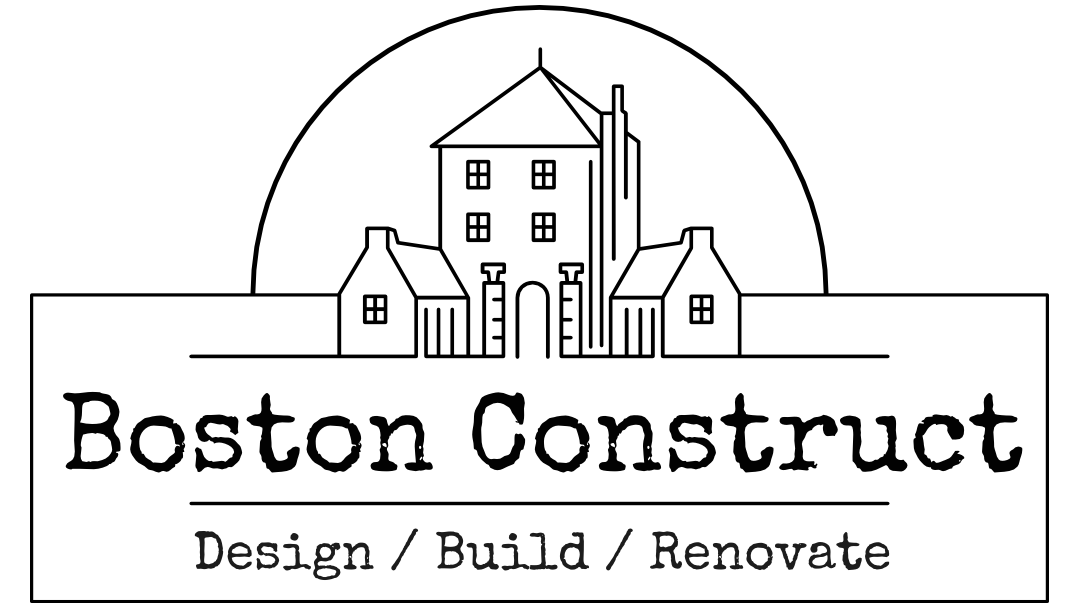Efficient Design: The Science Behind Passive House Construction
As our world becomes increasingly focused on sustainability and environmental stewardship, the demand for energy-efficient, eco-conscious homes is steadily growing. Passive house construction stands at the forefront of this movement, combining cutting-edge building science with innovative design principles to create residences that require minimal energy inputs for heating and cooling while offering unparalleled comfort and durability.
At Boston Construct, a leading design-build custom home and construction services company, our team of professionals is committed to staying informed on the latest advances in passive house construction, enabling us to provide clients with the opportunity to create state-of-the-art, environmentally friendly custom homes.
In this comprehensive blog post, we will explore the science behind passive house construction, discussing its underlying principles, key components, and distinct benefits regarding energy efficiency, comfort, and sustainability. We will also consider the role of design-build teams like Boston Construct in guiding clients through the passive house construction process, demonstrating how the right collaboration can turn your eco-conscious custom home dreams into a reality.
Understanding the Principles of Passive House Construction
The concept of passive house construction revolves around several key principles that work in tandem to create a highly energy-efficient, sustainable living environment. These principles focus on carefully considering and optimizing various building components to minimize energy loss while maximizing comfort and indoor air quality.
1. Insulation: A well-insulated building envelope is crucial for maintaining a consistent indoor temperature, preventing heat loss during cold months and heat gain during warmer periods.
2. Thermal bridge-free design: Thermal bridges are areas where heat can easily transfer through a building's structural elements, causing energy loss. Passive house construction seeks to eliminate thermal bridges using specialized methods and materials.
3. Airtightness: An airtight building envelope prevents outside air drafts and infiltration, ensuring a stable indoor climate and reduced energy costs.
4. Ventilation: A balanced, energy-efficient ventilation system provides fresh, filtered outdoor air while recovering heat from the exhaust air, maintaining optimal indoor air quality.
5. High-performance windows: Passive houses incorporate triple-glazed, high-performance windows with low U-values, significantly reducing heat loss and contributing to a comfortable indoor climate.
Key Components of Passive House Construction
In addition to the guiding principles, passive house construction relies on several essential components to achieve optimal energy efficiency, comfort, and performance:
1. Continuous Insulation: A continuous layer of insulation throughout the building envelope minimizes thermal bridging and ensures a uniform thermal performance.
2. Energy Recovery Ventilation (ERV) system: An ERV efficiently recovers and transfers heat from stale exhaust air to fresh incoming air, maintaining a comfortable temperature while conserving energy.
3. Airtight Construction: Utilizing materials and construction techniques that create an airtight envelope improves energy efficiency, reduces drafts, and prevents moisture damage.
4. High-Performance Windows and Doors: Triple-glazed windows and tight-sealing doors contribute to an energy-efficient building envelope and provide superior thermal performance.
The Benefits of a Passive House Custom Home
When properly executed, passive house construction can offer several significant advantages over traditional building methods:
1. Energy Efficiency: Passive houses consume up to 90% less energy for heating and cooling when compared to conventional buildings, resulting in substantial energy cost savings over time.
2. Comfort: A stable indoor temperature, improved air quality, and reduced drafts create an exceptionally comfortable living environment year-round.
3. Durability: The use of high-quality, durable materials, coupled with the focus on moisture control and airtightness, contributes to a longer lifespan and reduced maintenance costs for your custom home.
4. Sustainability: Passive house construction minimizes your home's environmental impact by reducing energy consumption and incorporating eco-friendly building materials.
5. Indoor Air Quality: The ERV system ensures a continuous supply of fresh, filtered air, improving indoor air quality and reducing allergens and pollutants.
Collaborating with a Design-Build Team for Your Passive House Custom Home
Working with an experienced design-build team is of utmost importance to create a successful passive house custom home. Boston Construct's team of skilled professionals has the knowledge and expertise to guide you through the process, carefully considering every detail to ensure the highest standards of quality, performance, and efficiency:
1. Integrated Design Approach: A collaborative design approach ensures that your design-build team works closely with you, considering your specific needs and preferences while incorporating passive house principles from the concept stage through to completion.
2. Construction Expertise: Engaging a team with experience in passive house construction ensures that your custom home is built to the strictest standards, utilizing the proper techniques and materials to achieve optimal performance.
3. Quality Control: A design-build team like Boston Construct maintains strict quality control throughout the construction process, ensuring every element of your custom home aligns with the guiding principles of passive house construction.
4. Certification Assistance: Should you decide to pursue Passive House certification, your design-build team can work with you to navigate the certification process, providing the necessary technical support and documentation to verify that your custom home meets all requirements.
Elevate Your Custom Home Experience with Passive House Construction and Boston Construct
By embracing the innovative principles and techniques of passive house construction, you can create a custom home that surpasses traditional energy efficiency, comfort, and sustainability standards. Partnering with Boston Construct's design-build team offers an unparalleled opportunity to realize your passive house custom home dreams, benefiting from our extensive expertise and unwavering commitment to quality and client satisfaction.
Ready to embark on your passive house custom home journey? Reach out to our experts today to discuss your vision and learn how we can help make it a reality, creating a sustainable living environment that prioritizes comfort, efficiency, and lasting value.

